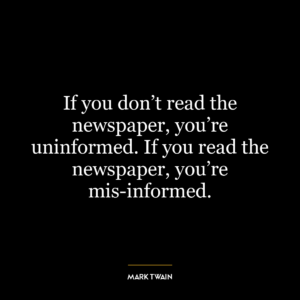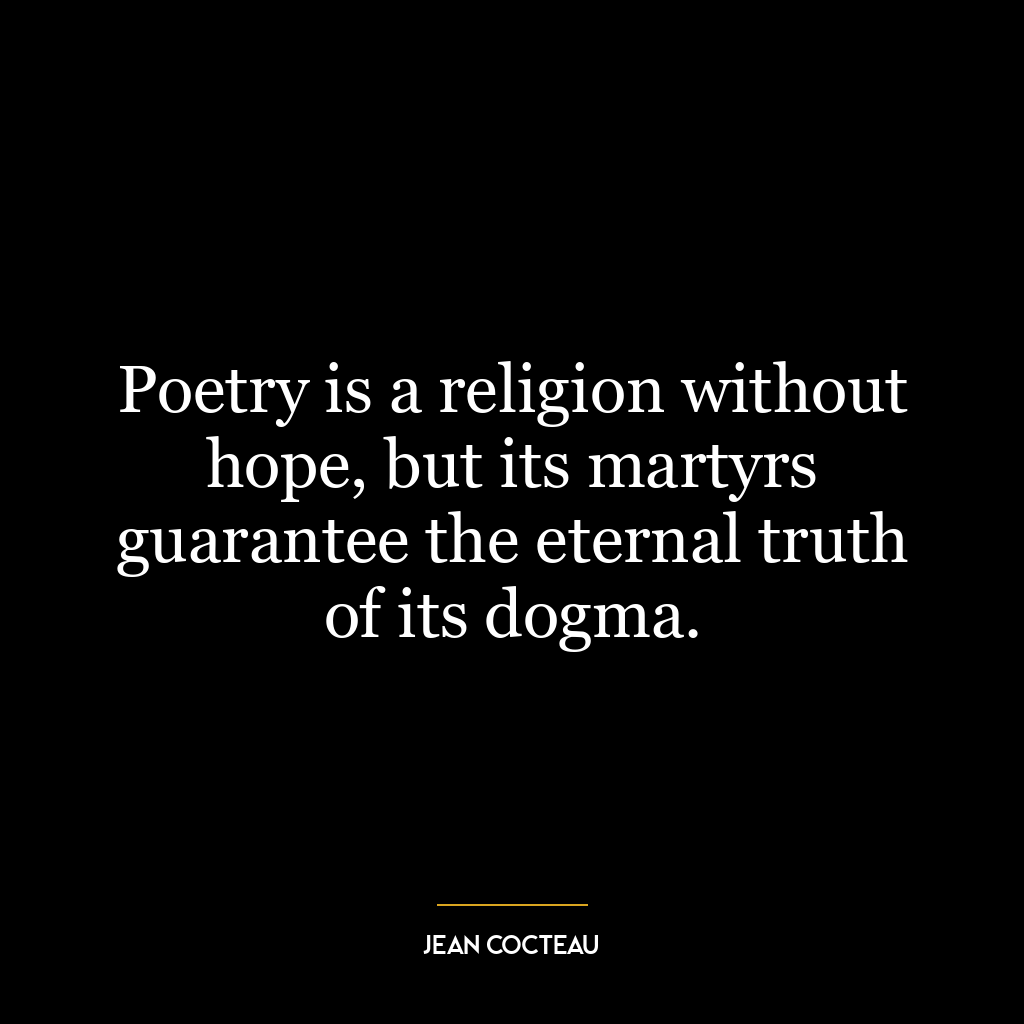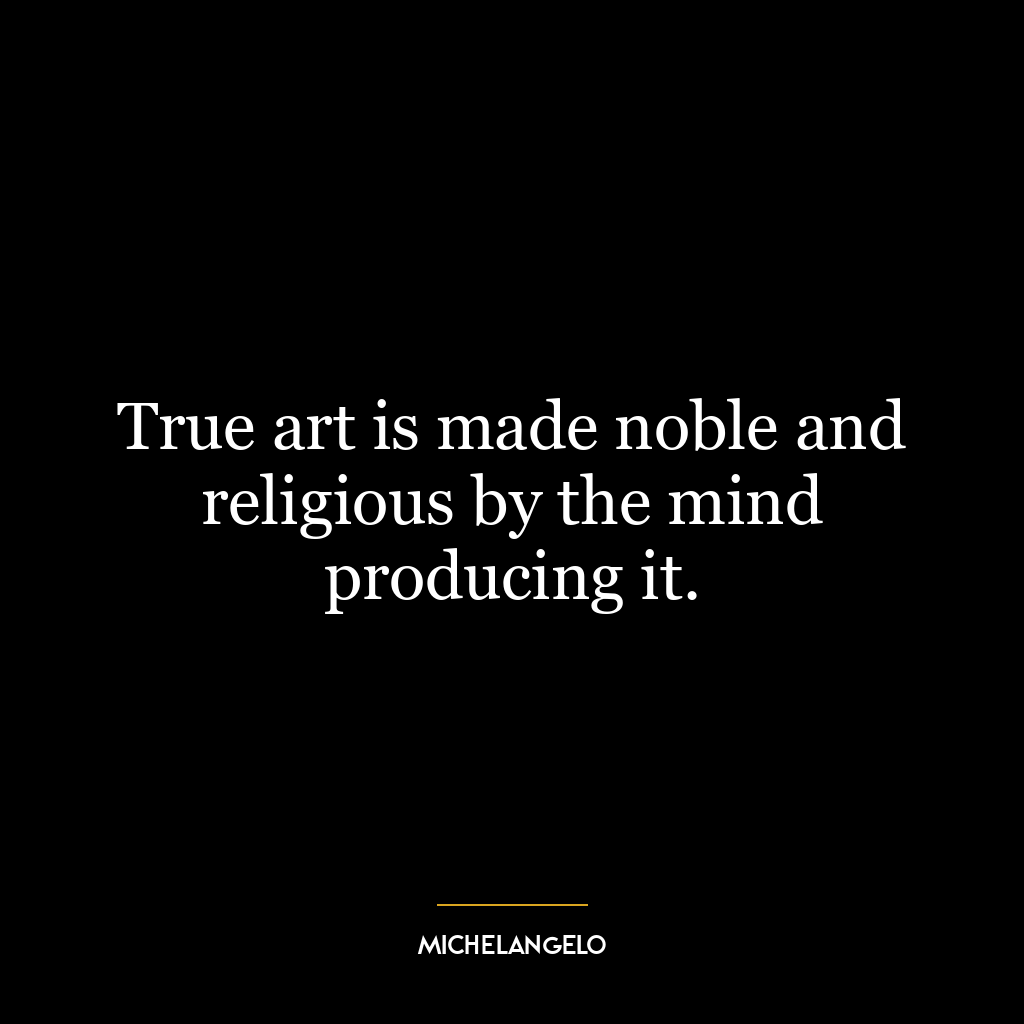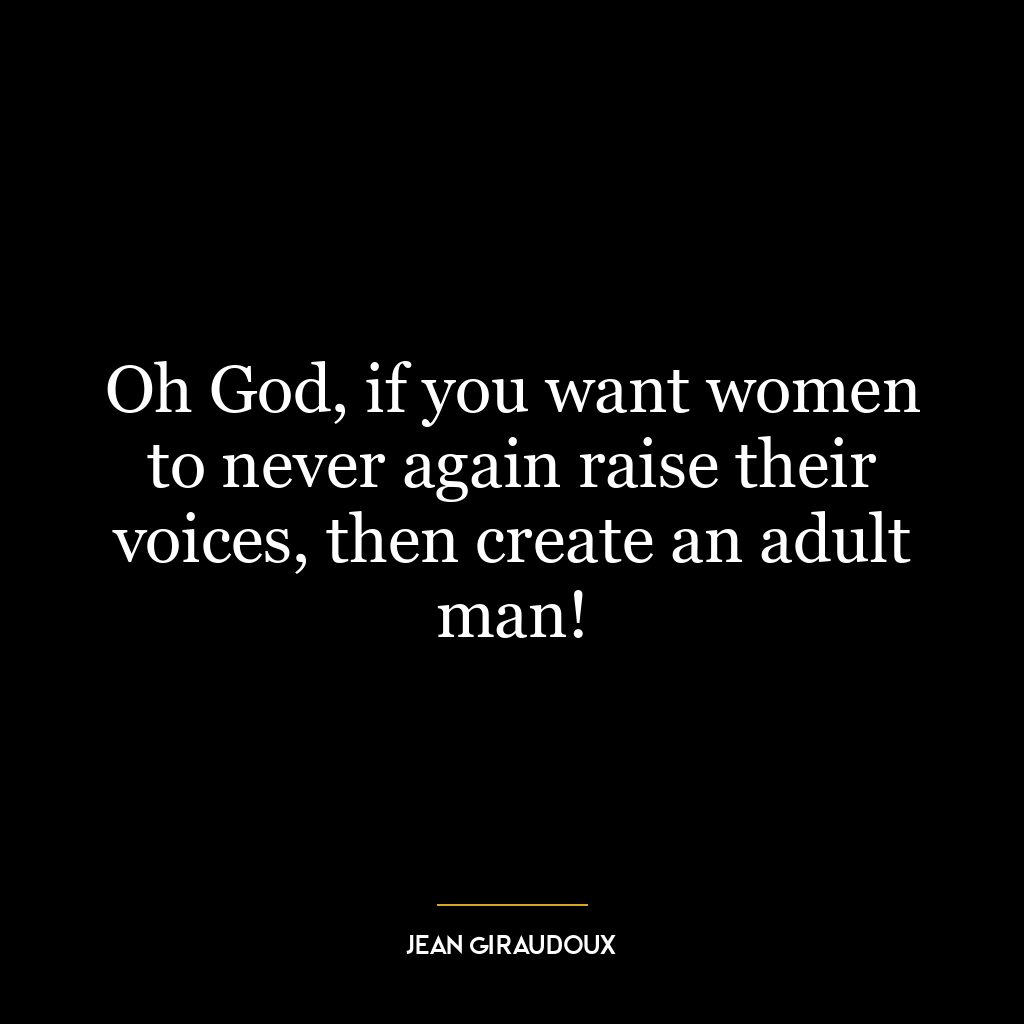Many people have the reasoning facility, but no one uses it in religious matters.
This quote suggests that while many individuals possess the ability to reason, they often disregard this ability when it comes to matters of faith. It implies that people tend to accept religious beliefs without questioning or critically analyzing them, despite having the capability to do so. In essence, the quote is highlighting a perceived disconnect between reason and faith, suggesting that the two are often viewed as mutually exclusive.
The quote can be understood in the context of the broader debate between faith and reason. Some argue that faith requires a suspension of reason, as it often involves belief in things that cannot be empirically proven or logically explained. Others, however, argue that faith and reason can coexist, with faith providing answers to questions that reason cannot.
Applying this idea to today’s world, it could be argued that the seeming disconnect between reason and faith is more apparent than ever. In an era defined by scientific advancement and a growing emphasis on evidence-based decision-making, faith-based beliefs are often viewed as irrational or outdated. However, many people continue to hold strong religious beliefs, suggesting that faith continues to play a vital role in human life despite the increasing importance placed on reason.
In terms of personal development, this quote could serve as a reminder to question and critically analyze all beliefs, including religious ones. Rather than accepting beliefs at face value, individuals could be encouraged to engage their reasoning faculties to form more nuanced and informed perspectives. At the same time, it could also be seen as a call for greater tolerance and understanding of faith-based beliefs, recognizing that reason alone cannot provide all the answers to life’s questions.









